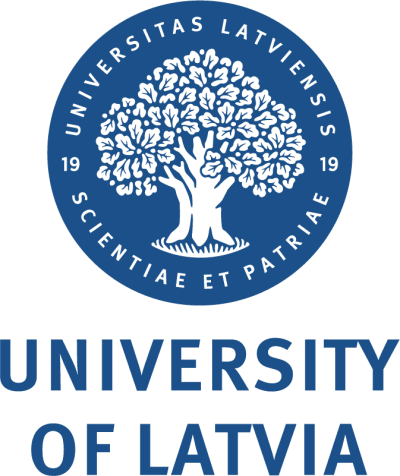
Master in Epidemiology and Medical Statistics
University of Latvia

Key Information
Campus location
Riga, Latvia
Languages
English
Study format
On-Campus
Duration
2 - 2 years
Pace
Full time
Tuition fees
EUR 6,000 / per year *
Application deadline
Request info
Earliest start date
Sep 2024
* EUR 2,400 per year for EU/EEA/Swiss citizens, permanent residence permit holders and their family members.
Introduction
- Faculty of Medicine.
- Awards: Master Degree in Health Sciences.
- Amount of credits: 120 ECTS.
- Accreditation: study program is licensed, will be accredited within two years (according to national legislation).
The study programme is intended to provide highly qualified specialists in epidemiology and medical statistics at regional, national and international level, who will understand and be able to develop epidemiological, medical and sociological research methodology, to perform sophisticated statistical analyses of obtained data, and to interpret observed results based on newest international knowledge and according to internationally accepted standards.
Students will acquire theoretical and practical knowledge in competence to collect healthcare data, including large volumes of administratively generated and digital data in accordance with internationally accepted requirements. They will learn different methods of statistical processing of data, SPSS, Stata, SAS, R, Prisma, GPower, as well as specific epidemiology software DAGitti and MedCalc. Students will learn how to create/develop medical, public health and sociology related research in line with international standards, which is vital for collecting country’s resultative and other statistical indicators and comparing them with EU and other regions of the world.
Living in Latvia
Latvia is a member state of the European Union and Schengen area. Its capital, Riga is the metropolis of the Baltic region. Riga is listed among the world’s best student cities. It is a safe city. Life in Latvia is not expensive compared with Western European countries. Latvia offers affordable education. You can find more information in the practical handbook for international students.
Admissions
Curriculum
Students will acquire theoretical and practical knowledge in competence to collect healthcare data, including large volumes of administratively generated and digital data in accordance with internationally accepted requirements. They will learn different methods of statistical processing of data, SPSS, Stata, SAS, R, Prisma, GPower, as well as specific epidemiology software DAGitti and MedCalc.
Students will learn how to create/develop medical, public health and sociology related research in line with international standards, which is vital for collecting country’s resultative and other statistical indicators and comparing them with EU and other regions of the world.
More information and study plan HERE.
Scholarships and Funding
- EUR 500 per month - citizens from these countries are eligible to apply for a Latvian state scholarship.
- Temporary students’ residence permit holders can work 20 hours per week.
Gallery
Career Opportunities
Completion of this study programme will provide graduates with opportunities to work in wide range of organizations, including research institutions, medical institutions, ministries (eg, Ministry of Health, Ministry of Environmental Protection and Regional Development, Ministry of Agriculture) and institutions. Graduates will have the opportunity to pursue a PhD in Faculty of Medicine, as well as PhD programmes in other countries.